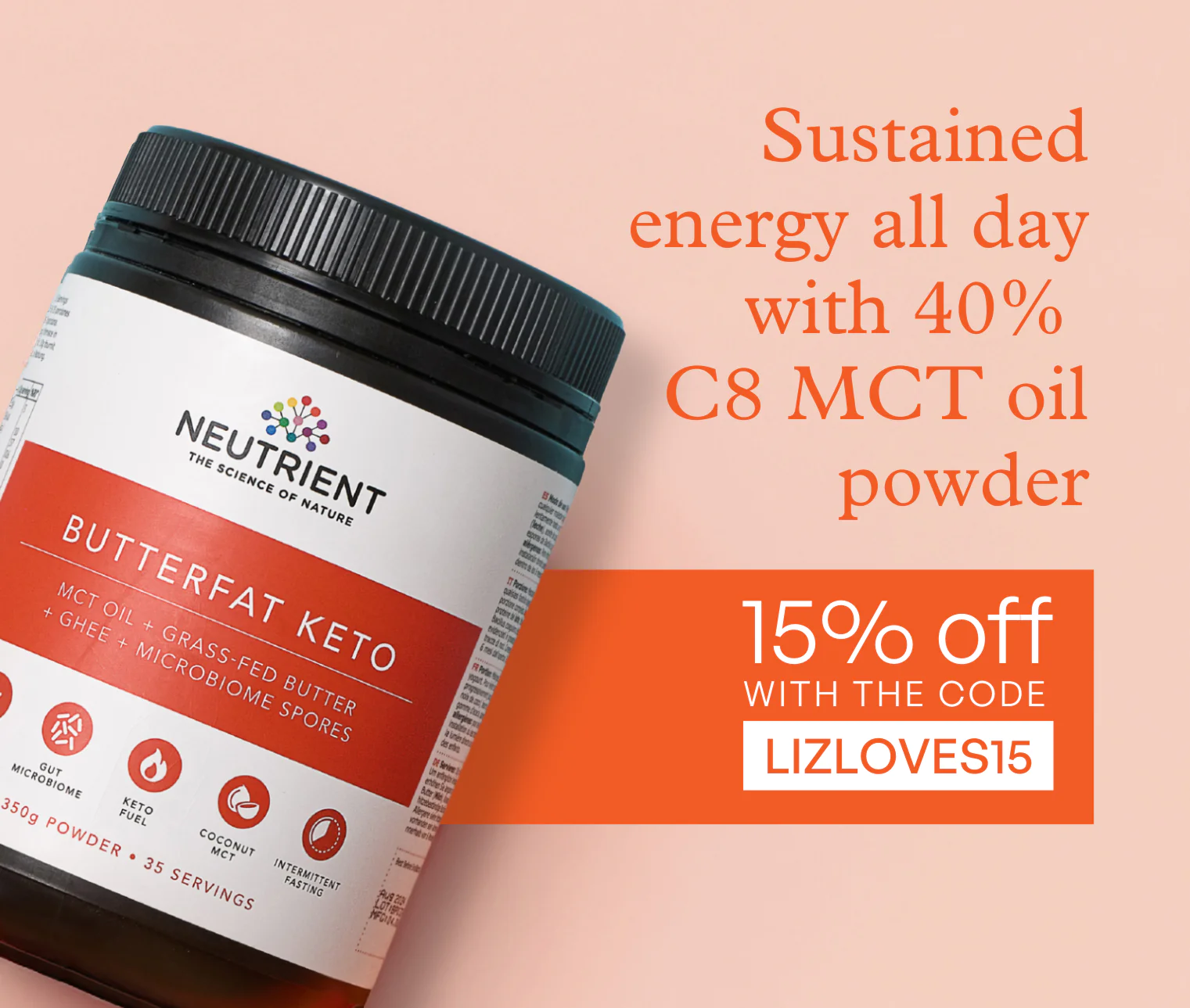Women's health
5 simple ways to eat for happy hormones this Christmas
We all know Christmas is the time for a little indulgence, but what if all that eating and drinking doesn’t actually help us to feel merry?
A little of what we fancy can do us the world of good, but overdoing it, particularly with alcohol and sugar, can exacerbate perimenopausal and menopausal symptoms such as sleep disturbances, hot flushes and mood swings.
The good news is that small tweaks to what we eat and drink can have a major impact. Here, nutritional therapist and wellness coach, Lauren Johnson Reynolds, shares some simple ways we can support our hormones this Christmas.
5 simple ways to eat for happy hormones this Christmas
Start the day with a protein-rich breakfast
Blood sugar imbalance has a huge part to play in mood swings, brain fog, frequent night waking, sugar cravings as well as weight gain around our tums.
Eating a breakfast rich in protein, fibre and healthy fats helps to keep our blood sugar stable. Studies show that doing so can reduce cravings for the rest of the day, helping us to keep on track.
Rather than grabbing a couple of shortbread biscuits for breakfast, we can be intentional and instead prepare a nutritious breakfast of scrambled eggs and smoked salmon with avocado and rocket. This can help to set ourselves (and our hormones) up for the day ahead.
Swap sweet snacks and have dessert instead (yes, really!)
This is all about keeping our blood sugar balanced. Eating sweet treats after a meal (rather than as a standalone snack) helps to slow down the absorption of sugar into the bloodstream, avoiding a blood sugar spike.
Not only will this help to reduce hormonal symptoms, but it also helps to give the adrenal glands a break, which are often overworked by blood sugar imbalances and life stressors. As the adrenals take over from the ovaries as our main source of estrogen after menopause, it’s really important that we look after them.
Make the most of Christmas veggies
Vegetables like Brussels sprouts, cabbage, broccoli and kale can be particularly helpful for our hormones.
These cruciferous vegetables can help to inhibit some of the negative impacts that declining rates of estrogen have on the body. They help to increase antioxidants, reduce inflammation and support the immune system. Not only that, they also work to facilitate the breakdown and elimination of toxins.
Additionally, a 2020 study looking at the effects of fruit and vegetable intake on the symptoms of 393 post menopausal women found that increased intake of leafy greens and cruciferous vegetables led to a significant reduction in overall menopausal symptoms.
Swap regular pickled condiments for fermented foods
At a time where we’re eating a lot more sugar, unfavourable gut bacteria can run rampant. Giving our delicate gut microbiome a helping hand with friendly bacteria is a daily must.
Making the switch from pickled red cabbage to fermented kimchi or sauerkraut can help to give us a beneficial hit of probiotics. They’re also just as delicious and complimentary to festive fare.
Fermented foods are packed with good bacteria that help to support the gut microbiome. Having a healthy gut can, in turn, support our hormones, mood, immunity, appetite, and so much more.
Give non-alcoholic cocktails a try
Many of us find that alcohol can worsen symptoms such as hot flushes, night sweats and low mood.
While there’s no need to go teetotal, enjoying alcohol-free options can help us not to overdo it on the Prosecco! Plus, with a number of delicious non-alcoholic options available nowadays, sober doesn’t have to be boring.
Follow Lauren Reynolds on Instagram and find her website here.





